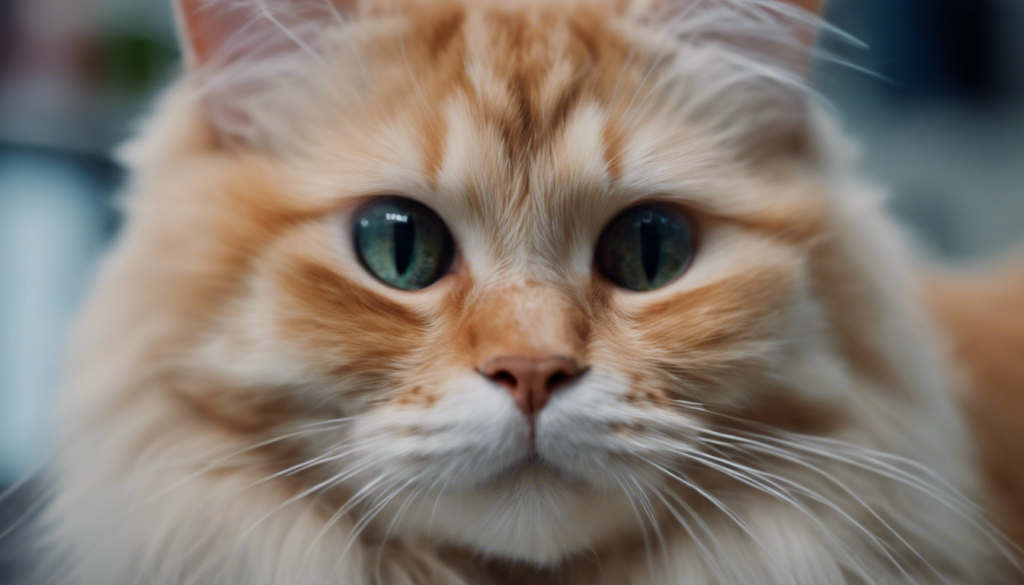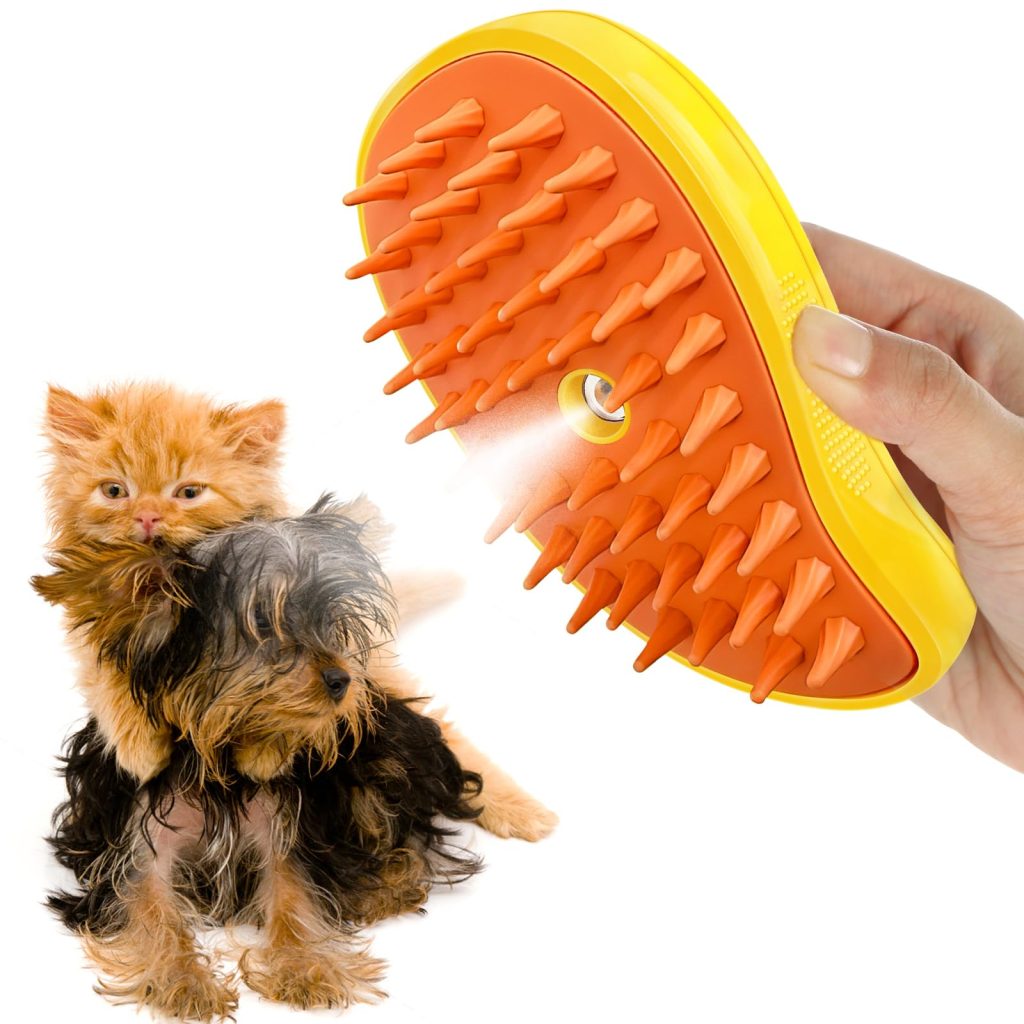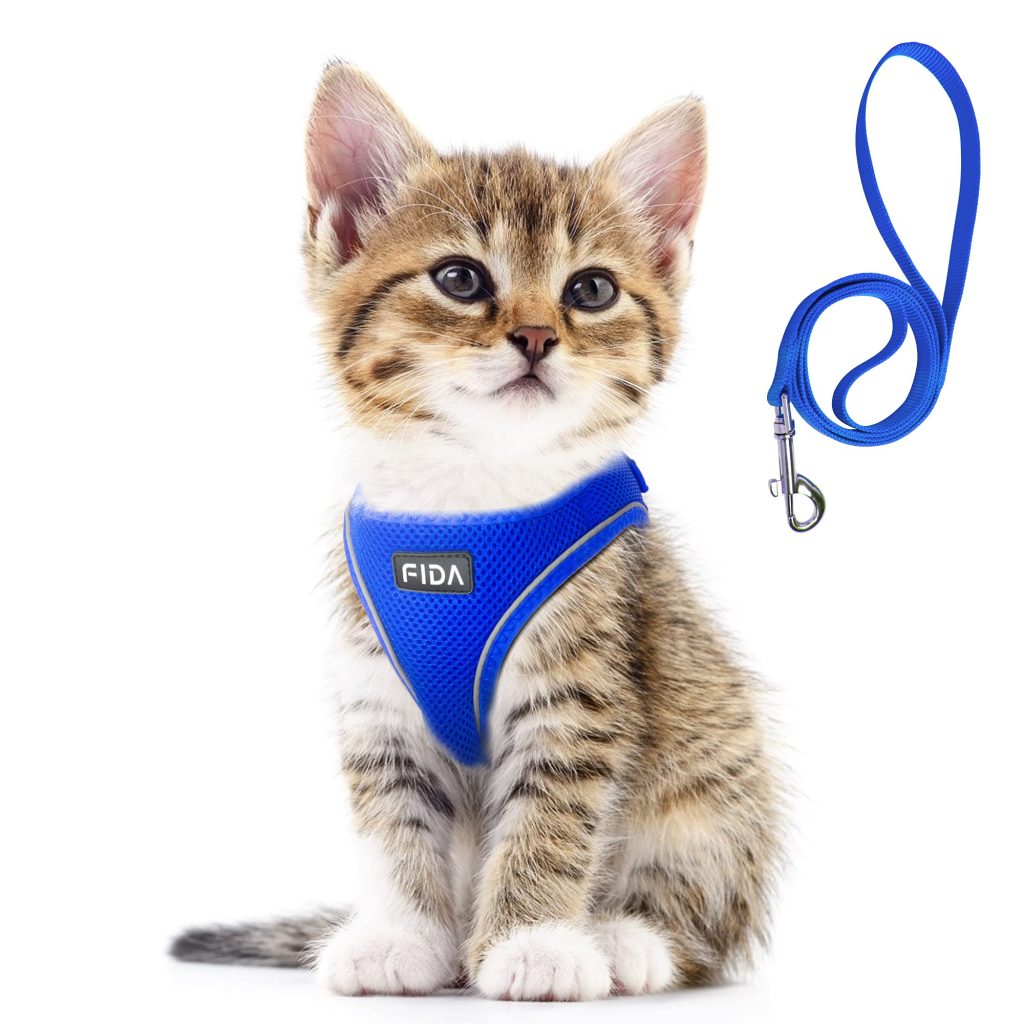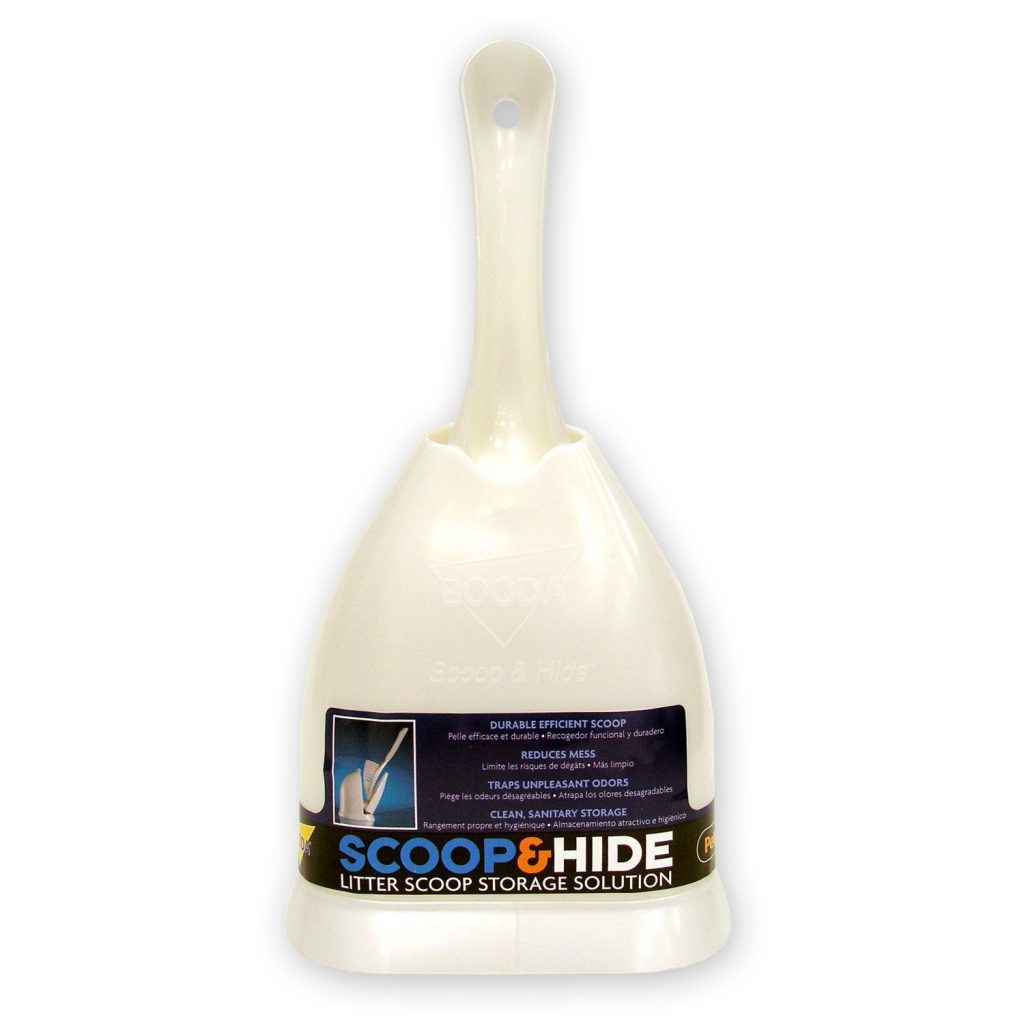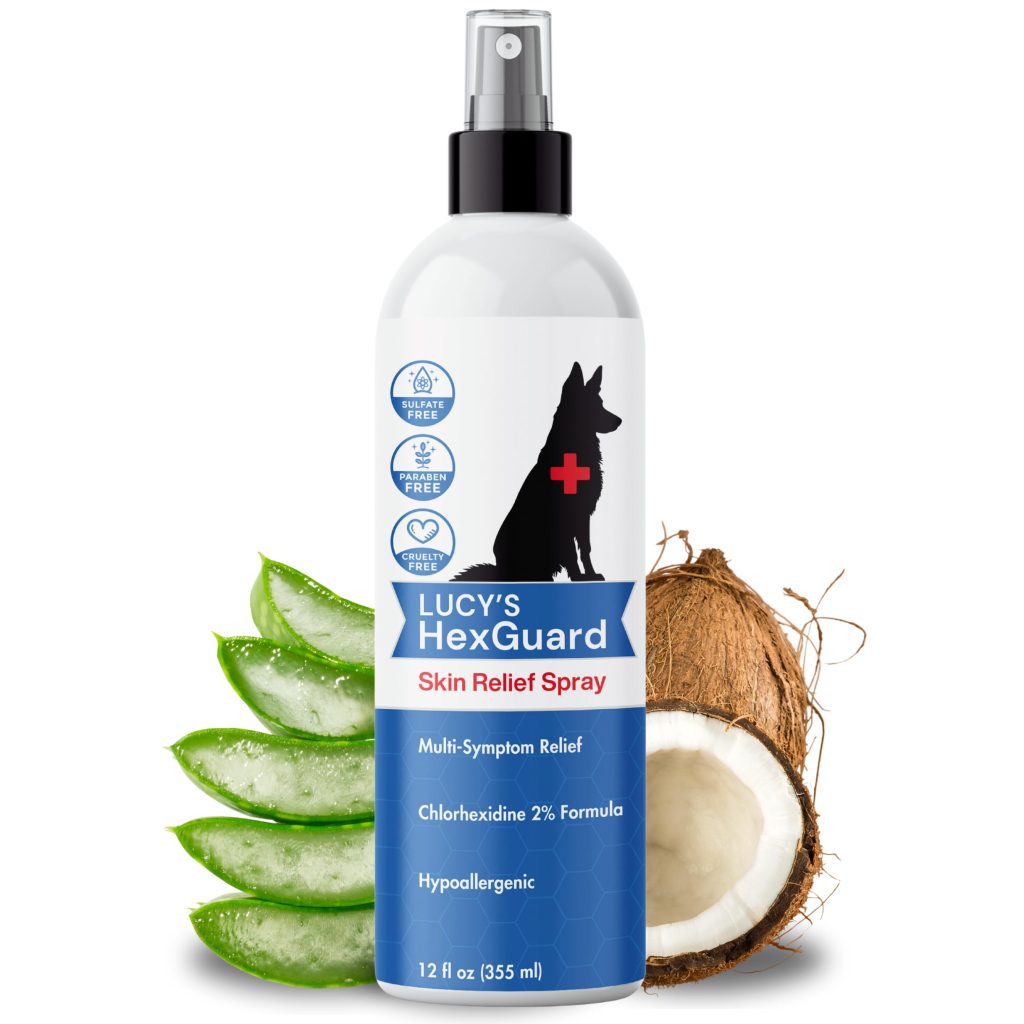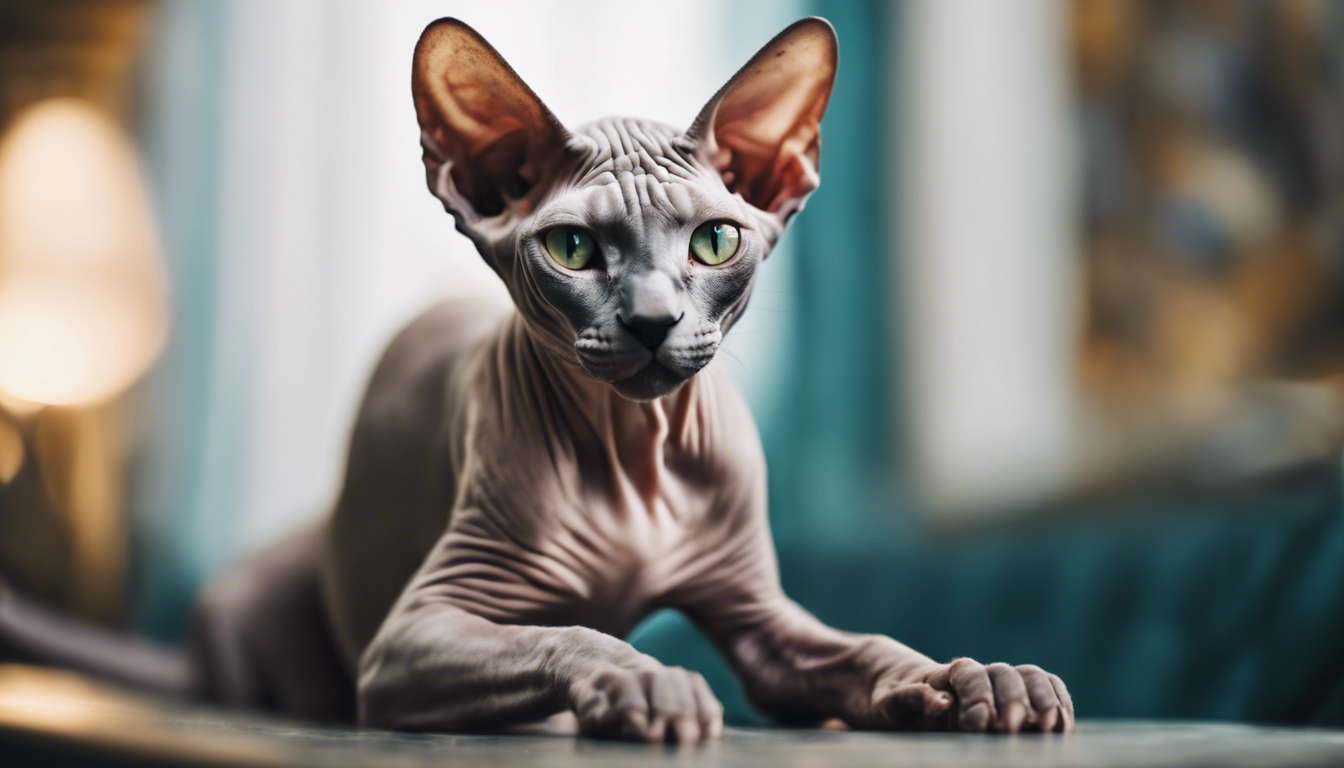
The Donskoy, also known as the Don Sphynx, is a unique and captivating breed of cat. With its hairless appearance, almond-shaped eyes, and large ears, the breed has a distinctive look that sets it apart from other feline companions. In this article, we will delve into the various traits, strengths, weaknesses, and care guidelines for the Donskoy.
Breed-Specific Traits
The Donskoy is characterized by its hairless or partially hairless body. This breed can have different coat variations, including bald, flock, velour, or brush coats. Although they lack fur, their skin can come in a variety of colors and patterns. Due to their lack of fur, Donskoys may require additional warmth and protection against the sun’s harsh rays.
Temperament
The Donskoy is known for its affectionate and sociable nature. They love being around their human companions and are often described as being people-oriented. This breed enjoys sitting on laps, being cuddled, and engaging in interactive play. Donskoys are often friendly towards strangers and can get along well with other pets if properly introduced.
Exercise needs
Despite their lack of fur, Donskoys are energetic cats that require regular exercise to keep them mentally and physically stimulated. Engaging them in interactive play sessions, such as chase games or using puzzle toys, can help fulfill their exercise needs. Providing climbing opportunities like cat trees or shelves can also help satisfy their natural instincts.
Strengths
- Donskoys are hypoallergenic cats, making them an excellent choice for people with cat allergies.
- Their lack of fur greatly reduces shedding, making them low-maintenance in terms of grooming.
- Donskoys are highly intelligent and can quickly learn new tricks or games, providing mental stimulation for both the cat and owner.
Weaknesses
- The hairless nature of Donskoys means they are more susceptible to temperature changes. They may require additional warmth during colder months or air conditioning during hot summers.
- Their skin requires regular care and protection from sunburns. Applying pet-safe sunscreen or providing shade can help prevent sun damage.
- Due to their unique appearance, Donskoys may be prone to being stolen or attracting unwanted attention. Owners should take extra precautions to keep their cat safe.
Grooming Requirements
Although Donskoys don’t have traditional fur that needs brushing, they still require regular grooming to maintain a healthy skin and coat. Their skin should be wiped down with a damp cloth or pet-friendly wipes to remove any dirt or oils. Additionally, their ears should be cleaned regularly to prevent wax buildup.
Potential Health Issues
While generally a healthy breed, Donskoys may be prone to certain health issues. One common concern is sunburn and potential skin damage. Regular application of pet-safe sunscreen and limiting sun exposure can help mitigate this risk. Additionally, because of their hairless nature, they can be more prone to skin infections, so proper hygiene is essential.
Dietary Recommendations
Feeding your Donskoy a balanced and nutritious diet is important for their overall well-being. High-quality cat food that meets their specific dietary needs is recommended. It’s essential to consult with a veterinarian for personalized guidance on feeding amounts and frequency based on your cat’s age, weight, and activity level.
Tip: It’s important to ensure your Donskoy always has access to fresh water to stay hydrated, especially since they may be more prone to dry skin.
In conclusion, the Donskoy is a captivating breed with its hairless appearance and affectionate temperament. While they have specific care requirements due to their lack of fur, providing them with warmth, protection from the sun, and regular grooming can help maintain their overall health and well-being. With proper care and attention, the Donskoy can make a wonderful and loving companion for any cat lover.


